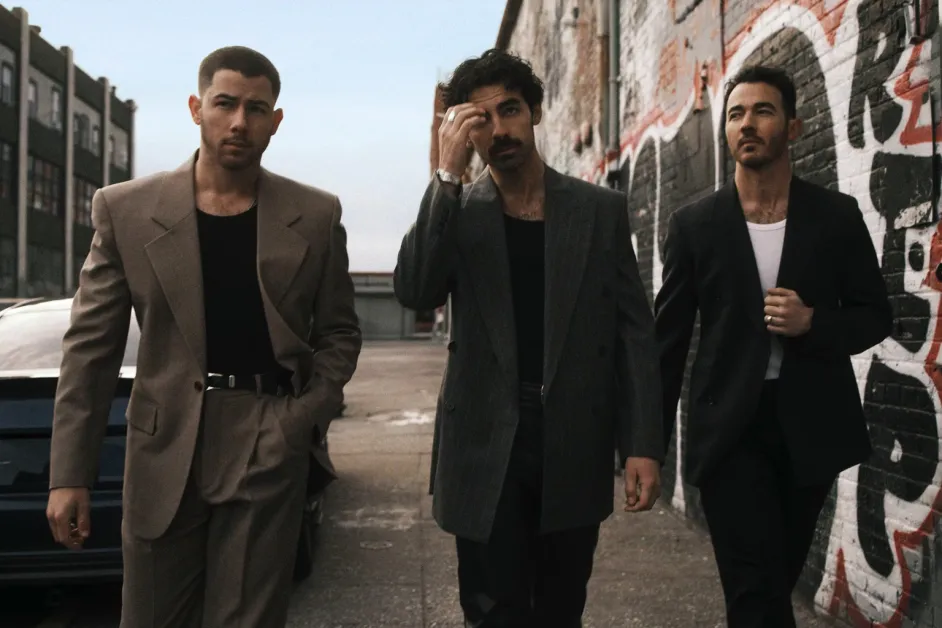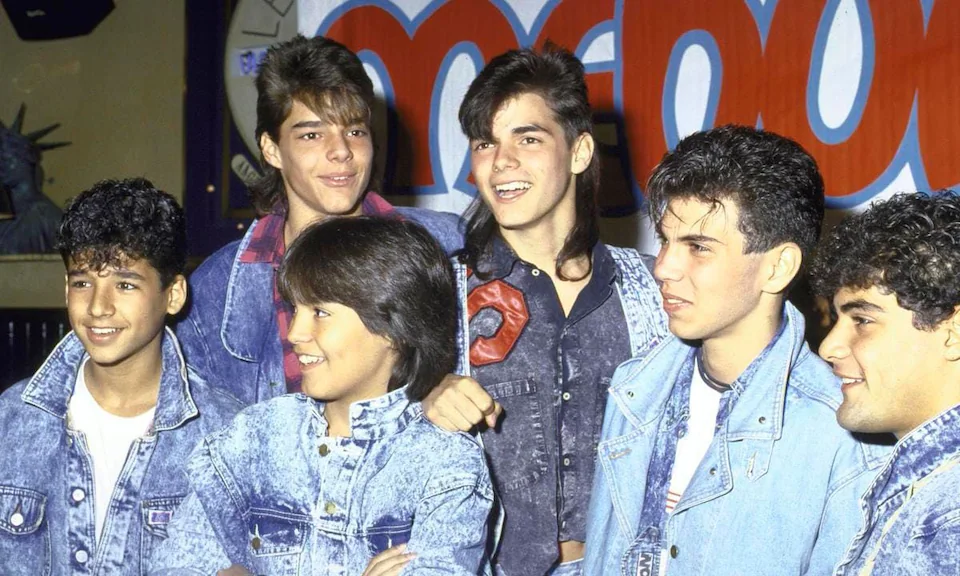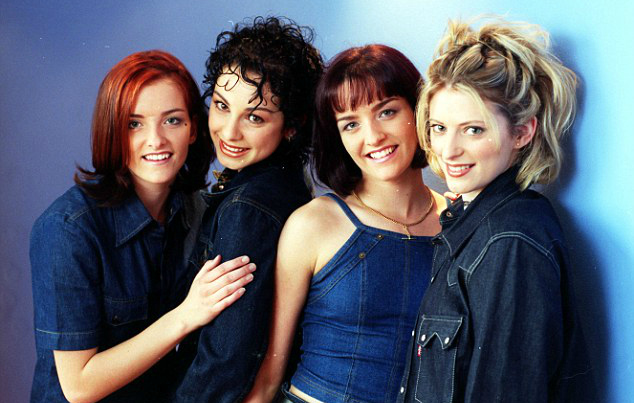In the world of Uproar, Josh Waaka (Julian Dennison) navigates the complexities of fitting into an almost all-white New Zealand Christian school. Unlike his father and older brother, who once shone as rugby stars, Josh grapples with the weight of his family’s legacy and struggles to establish his own identity. The film, directed by Paul Middleditch and Hamish Bennett, kicks off with a narrative that weaves through the challenges faced by Josh in the pursuit of individuality.

Set against the backdrop of 1981, Uproar transcends its historical context, prompting viewers to reflect on the persistent global issue of racism. Josh, a Brown man in a society that often overlooks his value, learns the hard truth about inequality and the sacrifices demanded by conformity. The film ingeniously intertwines identity politics and activism, catalyzed by the anti-Apartheid protests during South Africa’s rugby tour.

As the story unfolds, Josh finds himself at emotional crossroads, torn between pursuing his passion for acting, advocated by the unconventional Madigan (Rhys Darby), and adhering to societal expectations to safeguard his family. The film skillfully explores the dynamics of race, family, and societal pressures, challenging the notion of staying silent in the face of injustice. The character of Josh, brilliantly portrayed by Julian Dennison, adds depth to the narrative, capturing the essence of his journey from awkwardness to self-realization.

Uproar, in its quest to deliver a coming-of-age dramedy, doesn’t shy away from probing the boundaries of its subject matter. The film portrays racism through various lenses, incorporating elements of police brutality, vandalism, and generational trauma. However, it stops short of fully engaging with the profound implications of these issues, relying on Josh’s radicalization as a vehicle for the storyline. This leaves the audience questioning whether the film’s treatment of such weighty themes is sufficiently explored. The challenge faced by Uproar lies in maintaining a delicate balance between addressing serious societal issues and providing entertainment value.
Directors Middleditch and Bennett navigate this challenge adeptly, but the film’s feel-good nature occasionally threatens to dilute the gravity of its subject matter. Yet, Julian Dennison’s outstanding performance, marked by charisma and charm, elevates Uproar beyond it’s minor inconsistencies. The film’s underlying motives, propelled by Dennison’s compelling portrayal, make Uproar a movie worth shouting about.
Email:neill@outloudculture.com
Socials: @neillfrazer


















